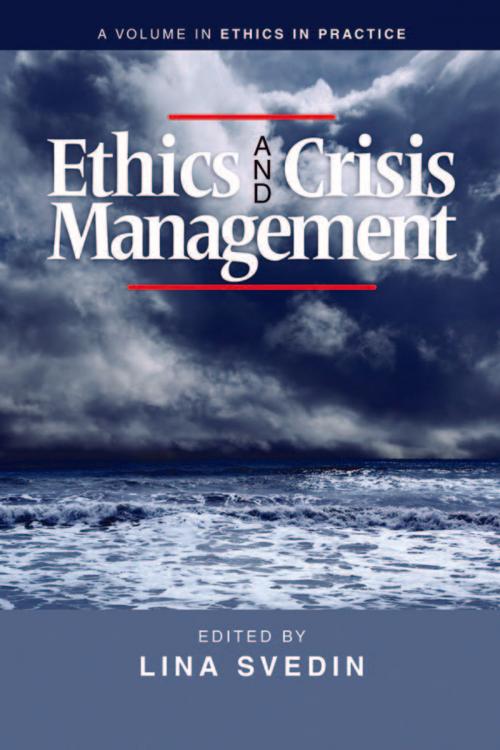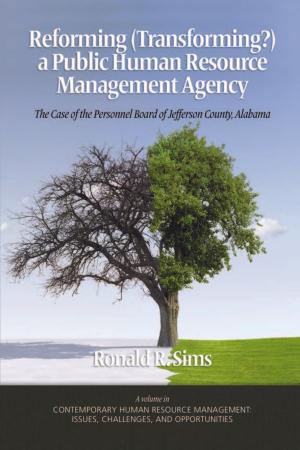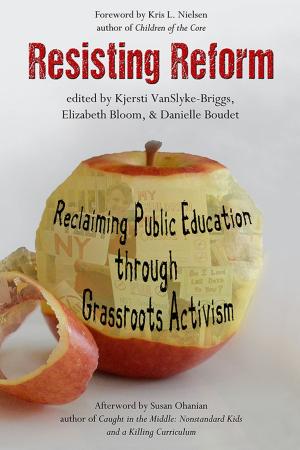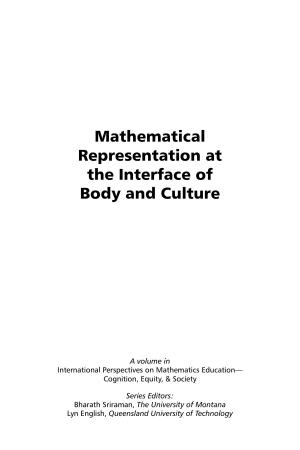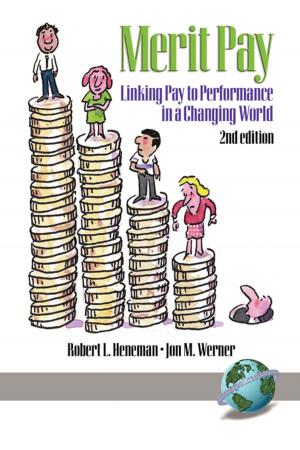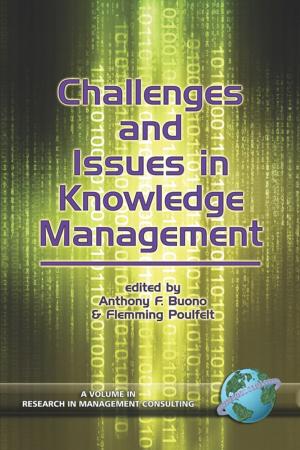Ethics and Crisis Management
Business & Finance, Business Reference, Business Ethics, Nonfiction, Reference & Language, Reference, Research, Management & Leadership, Management| Author: | ISBN: | 9781617354984 | |
| Publisher: | Information Age Publishing | Publication: | August 1, 2011 |
| Imprint: | Information Age Publishing | Language: | English |
| Author: | |
| ISBN: | 9781617354984 |
| Publisher: | Information Age Publishing |
| Publication: | August 1, 2011 |
| Imprint: | Information Age Publishing |
| Language: | English |
The daily process of public service provision and administration is filled with value judgments and value tradeoffs, and the safeguarding of just and fair processes is key to the public’s trust in governing institutions. In crises, public decisionmakers face complex ethical judgments under great uncertainty, timepressure, and heightened public scrutiny. A lack of attention to the ethical dimensions of crises has lead decisionmakers to longshadow crises that never reach closure. Furthermore, crises triggered by unethical conduct by public officials steadily feed people’s cynicism about politicians and bureaucracy. The fact that decisionmakers often are judged on how they dealt with ethical issues in crises further underlines the importance of this topic. Little scholarly attention had been paid to how ethics play into and are dealt with in situations when they matters most in crises. In order to improve government performance we need to analyze the ethical dilemmas and normative challenges that face practitioners in crises. This book meets this challenge by presenting a public policy framework for analyzing the ethical dilemmas in crises and introduces ten empirical chapters written by prominent public administration and crisis management scholars. The cases reviewed include Abu Ghraib, the 9/11 Commission, the 2008 Financial Crisis and the Memorial Hospital Tragedy during Hurricane Katrina. Building off the empirical focus on inherent ethical challenges in crises and actor ethics in evaluation and judgment, the concluding chapter outlines important lessons about criteria for crisis decisionmaking and strategies, the poisoned apple of bureaucratic discretion, and the nature of postcrisis evaluations. The book is geared toward students, scholars, and practitioners concerned with public management, public sector ethics, public policy, crisis management, and the implication of these factors on business and corporate crisis management.
The daily process of public service provision and administration is filled with value judgments and value tradeoffs, and the safeguarding of just and fair processes is key to the public’s trust in governing institutions. In crises, public decisionmakers face complex ethical judgments under great uncertainty, timepressure, and heightened public scrutiny. A lack of attention to the ethical dimensions of crises has lead decisionmakers to longshadow crises that never reach closure. Furthermore, crises triggered by unethical conduct by public officials steadily feed people’s cynicism about politicians and bureaucracy. The fact that decisionmakers often are judged on how they dealt with ethical issues in crises further underlines the importance of this topic. Little scholarly attention had been paid to how ethics play into and are dealt with in situations when they matters most in crises. In order to improve government performance we need to analyze the ethical dilemmas and normative challenges that face practitioners in crises. This book meets this challenge by presenting a public policy framework for analyzing the ethical dilemmas in crises and introduces ten empirical chapters written by prominent public administration and crisis management scholars. The cases reviewed include Abu Ghraib, the 9/11 Commission, the 2008 Financial Crisis and the Memorial Hospital Tragedy during Hurricane Katrina. Building off the empirical focus on inherent ethical challenges in crises and actor ethics in evaluation and judgment, the concluding chapter outlines important lessons about criteria for crisis decisionmaking and strategies, the poisoned apple of bureaucratic discretion, and the nature of postcrisis evaluations. The book is geared toward students, scholars, and practitioners concerned with public management, public sector ethics, public policy, crisis management, and the implication of these factors on business and corporate crisis management.
